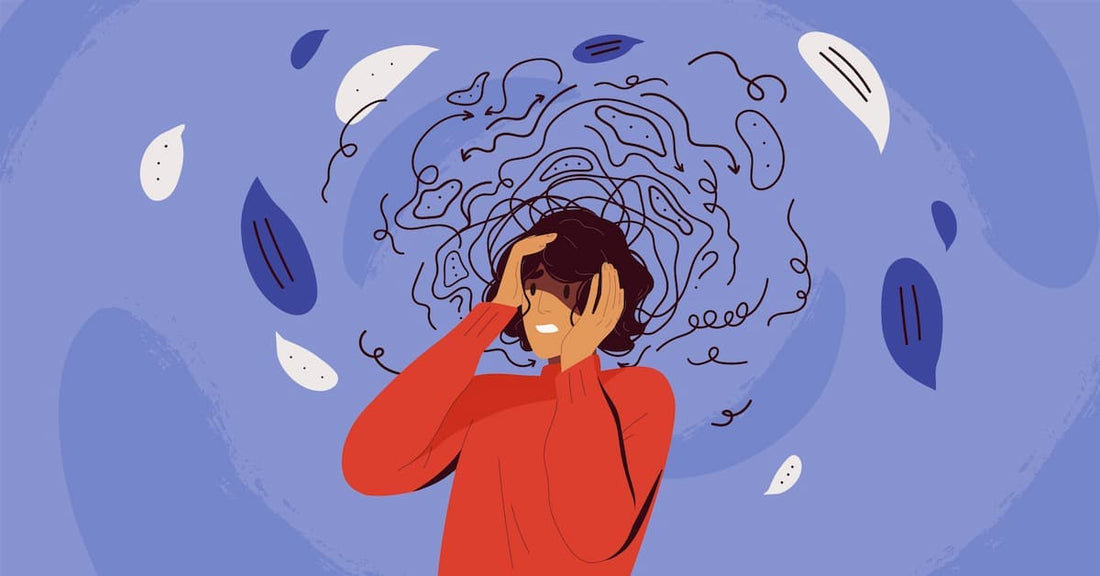Navigating Sobriety: 5 Environments You Might Not Want to Be High In

Cannabis, known for its ability to alter perception and induce relaxation, can enhance experiences in many settings. However, certain environments might present challenges or safety concerns when under the influence. Exploring these scenarios sheds light on places where being high might not be ideal.
1. Workplaces and Professional Settings:
The Challenge: Being high at work poses risks, affecting focus, coordination, and decision-making abilities. It can impact performance and jeopardize safety in industries that require precision or operate heavy machinery.
The Insight: While some creative professions might benefit from altered perspectives, most workplaces demand sobriety for safety and productivity.
2. High-Risk Outdoor Environments:
The Challenge: Engaging in activities like rock climbing, driving, or operating watercraft while high can compromise judgment and reaction time, increasing the likelihood of accidents.
The Insight: Activities demanding alertness and split-second decisions necessitate a clear mind to ensure personal safety and the safety of others.
3. Public or Crowded Spaces:
The Challenge: Being high in crowded places might induce anxiety or discomfort due to heightened sensitivity to stimuli, potentially leading to paranoia or sensory overload.
The Insight: Public settings with unfamiliar people and surroundings might amplify feelings of social discomfort or paranoia, detracting from the high.
4. Medical or Health-Related Scenarios:
The Challenge: Visiting a hospital, undergoing medical procedures, or managing emergencies while high might impede clear communication or hinder decision-making.
The Insight: Medical settings require clear-mindedness to ensure effective communication with healthcare professionals and to make informed decisions about treatment.
5. Legal or Official Settings:
The Challenge: Dealing with legal matters, law enforcement encounters, or official documentation while high may lead to confusion or impaired judgment.
The Insight: Legal situations demand clarity of thought and communication to navigate effectively, avoiding potential misunderstandings or legal consequences.
While cannabis can enhance experiences in various settings, certain environments necessitate sobriety to ensure safety, effectiveness, and clear communication. Recognizing these scenarios allows individuals to make informed choices regarding their cannabis use, ensuring they remain mindful of their surroundings and responsibilities.
Understanding the contexts where being high might not be advisable enables individuals to prioritize safety, maintain clarity of thought, and make informed decisions about their consumption, fostering a responsible and balanced relationship with cannabis.


